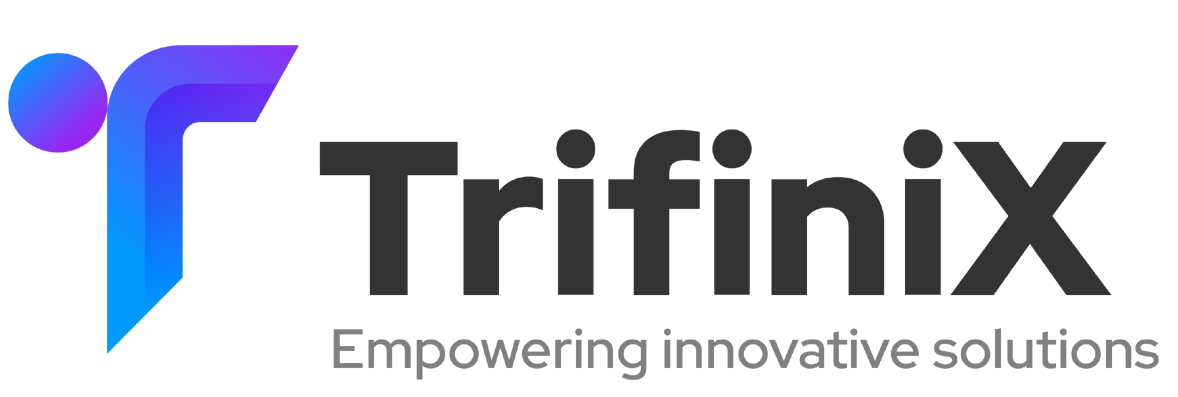SRE-as-a-Service
SRE (Site Reliability Engineering as a Service) takes a proactive approach to transform your production environments into a highly scalable, resilient, and secure state
Defining the goals
We define your stack elements and work with your team to define the desired SLOs for your business.
SRE Trends & Challenges
The SRE approach sets itself apart by adopting a proactive stance and fostering close collaboration with developer teams, guiding them in making essential architectural decisions for the software stack.
In our role as the SRE team, we thoroughly analyze operational burdens (toils) and actively seek opportunities to eliminate or automate them.
Additionally, an integral part of the SRE approach involves conducting blameless Post-Mortems to consistently enhance the production environment and extract valuable lessons from incidents.

Automate Everything
Each toil means an area for improvement and automation. We build all necessary automation to eliminate the toils.
Post Mortems
In order to take lessons and keep the historical records, we create a structured port-mortem after every production incident.
SLO/SLI Driven
Together with increasing the maturity of your observability platform, we measure SLIs, against SLOs.
Benefits
Day1 expert engineering: Our team is quite experienced to deal with production incidents on AWS Cloud and on-premises where Kubernetes is in place. You can begin benefiting from the Day1 expertise.
Cost Saving: From our experience, building an SRE team needs at least 4 or preferably 5 engineers, in order to create a sustainable working structure. Rather than creating your own team, you can benefit from our engineers who are onboarded on your stack and infrastructure.
Focus on your business: For scale-ups and start-ups, you are expected to add new functionality to your business. You may focus on adding those functionalities and we take care of your SRE requirements.
Cloud-Native: Kubernetes-driven infrastructure, along with Cloud functions, brings self-healing and automation to your development and deployment
cycles.
Scaling: Scaling on Y-axis and Z-axis dimensions, rather than scaling on just the X-axis dimensions.

